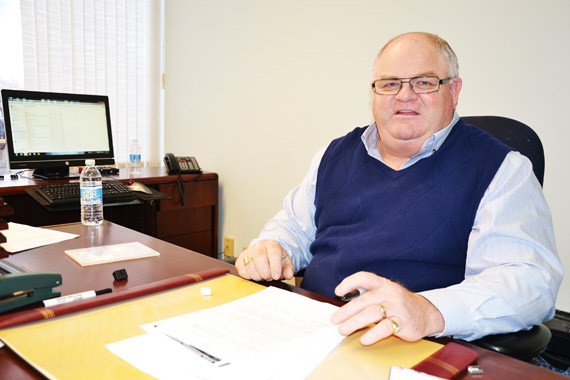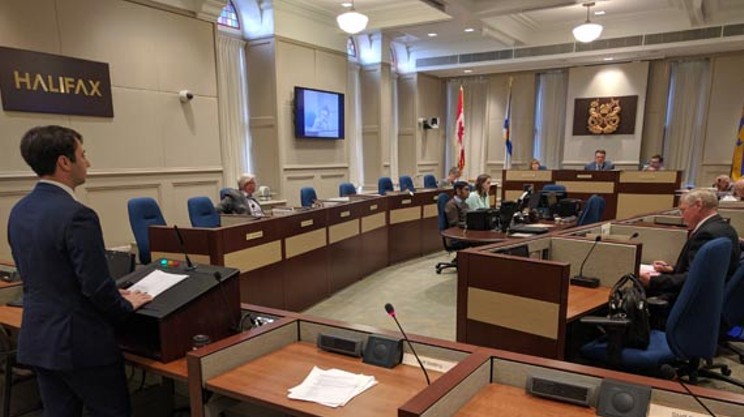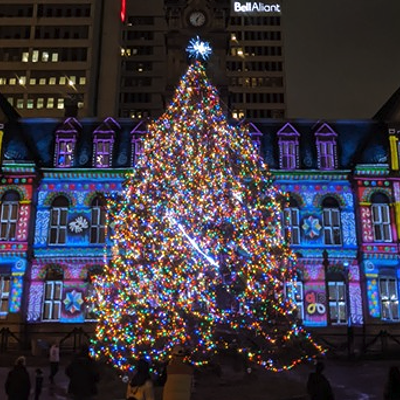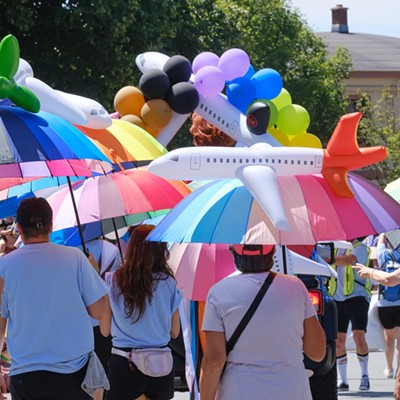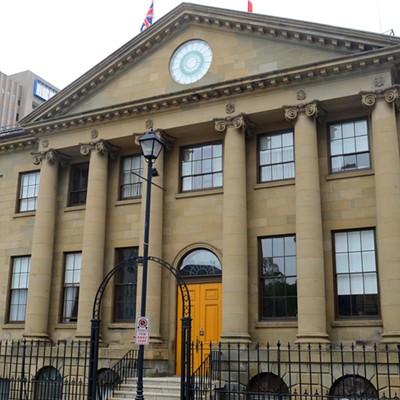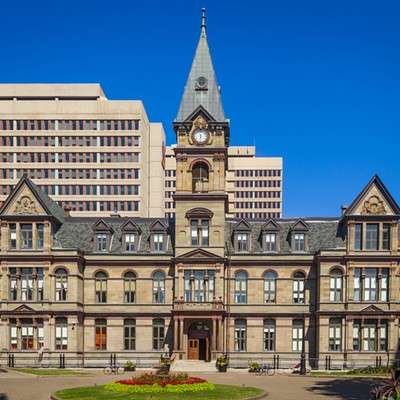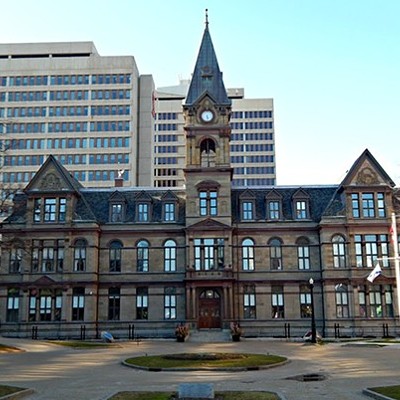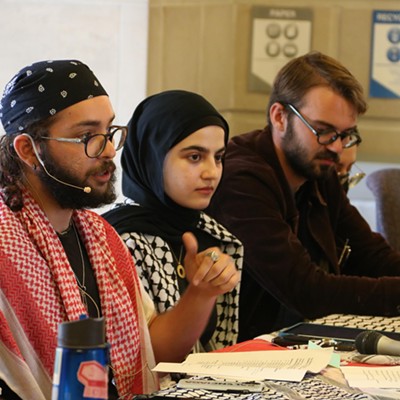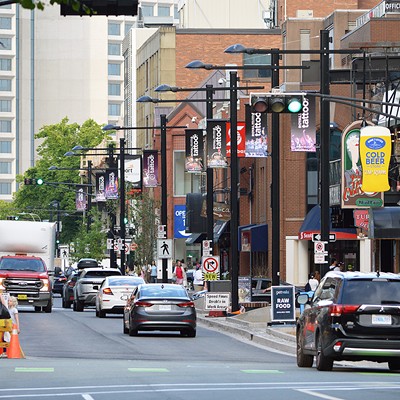Bernie White knows municipal elections. He should—the man spent decades working in municipal government before retiring in 2014 as clerk of the Cape Breton Regional Municipality. Now, the 59-year-old from New Waterford is working a three-year term as this province’s municipal elections officer. Part of White’s duties involve training local returning officers and trying to counteract low voter turnout. He’s an advocate of social media, in terms of increasing public awareness of the electoral process and enhancing it. White spoke with The Coast about his job, and Nova Scotia’s upcoming civic and school board elections, which take place on October 15
Is your role advisory in nature, or is it a job that comes with real clout?
It’s very much advisory. There’s a network of [municipal] returning officers across the province, and this is sort of an umbrella position where they can call in to get advice in relation to interpretations of [legislation]. But very clearly, [my role] is not to make interpretations. The only people who can interpret a provincial statute are the courts. My role is to prepare materials to help the returning officers. I work with a review committee—I chair that, as a matter of fact—and we do a debriefing, what’s been working and that kind of stuff.
Why don’t voters care about municipal elections, and what can be done to improve the turnout at the polls?
The voter participation levels in the last couple of cycles have been going down. Whether that’s due to voter fatigue, there may be a concern that the electorate is tired. We’re doing everything we can to enhance voting experiences and hopefully attract younger voters. But it’s probably a bit of an apathy. If you get a very strong mayoralty race, for example, in any community, or you get a hot-topic issue...that brings, certainly, people to the polls.
Regarding social media, what’s wrong with an elector taking a photo of his or her marked ballot and then tweeting a picture of it?
That happened in a provincial election situation [in Cape Breton], however, it very possibly could happen at the municipal level. Very clearly, in the Municipal Elections Act at the present time, it’s an offense to do that. It’s about the integrity of the vote. Anybody who was wishing to ensure that they could be paid for a vote could prove it [with a picture]. Plus the fact that we don’t want people to be intimidated, or at least to be solicited for a vote by somebody who feels very strongly for their candidate.
When is the deadline for nominations?
Nominations are officially September 13. As of [5 pm on that date], that’s when a person comes in, has the names of five nominators and [meets] a series of eligibility criteria. Candidates are entitled to make an appointment with the local returning officer the five business days before the 13th.
How do judicial recounts work—can any candidate ask for one after an election?
There are a number of provisions. It’s time-sensitive: You have to make an application within 10 days after an election is over. If it’s a tie, it’s automatic. In some municipalities, the clerk or the returning officer can make the application if they just want to assure the public. There is an application fee, and then there will be court costs after it’s over.
Interview conducted and edited by Michael Lightstone

